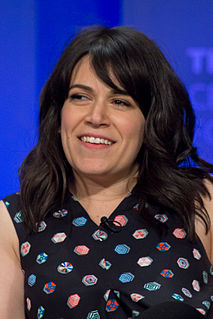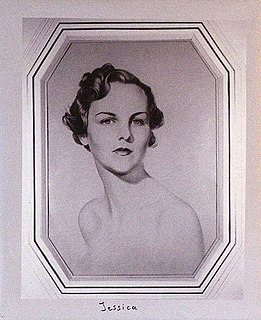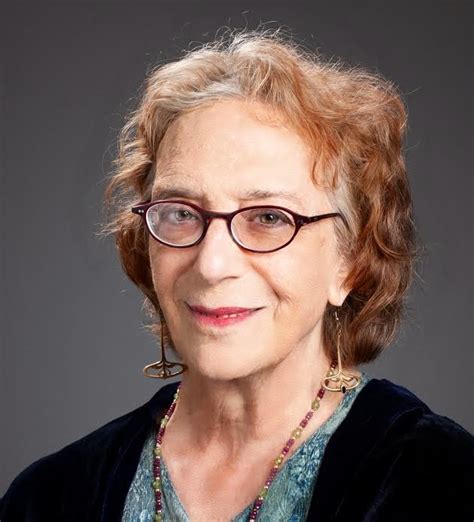A Quote by Charles Darwin
Linnaeus and Cuvier have been my two gods, though in very different ways, but they were mere schoolboys to old Aristotle.
Related Quotes
I have rarely read anything which has interested me more, though I have not read as yet more than a quarter of the book proper. From quotations which I had seen, I had a high notion of Aristotle's merits, but I had not the most remote notion what a wonderful man he was. Linnaeus and Cuvier have been my two gods, though in very different ways, but they were mere schoolboys to old Aristotle.
Was it Aristotle who said the human soul is composed of reason, will, and desire?” “No, that was Plato. Aristotle and Plato were as different as Mel Tormé and Bing Crosby. In any case, things were a lot simpler in the old days,” Komatsu said. “Wouldn’t it be fun to imagine reason, will, and desire engaged in a fierce debate around a table?
He who desires or attempts to reform the government of a state and wishes to have it accepted, must at least retain the semblance of the old forms; so that it may seem to the people that there has been no change in the institutions, even though in fact they are entirely different from the old ones. For the great majority of mankind are satisfied with appearances, as though they were realities.
I really, really like interior design. I grew up in a really old house outside of Philly that was built in 1821. My mom is really into antiques, and my dad is very mid-century. They're not together anymore, so in the middle of growing up, I, all of the sudden, had two houses that were very different but really well done in each of their own ways.
The interpretations of science do not give us this intimate sense of objects as the interpretations of poetry give it; they appeal to a limited faculty, and not to the whole man. It is not Linnaeus or Cavendish or Cuvier who gives us the true sense of animals, or water, or plants, who seizes their secret for us, who makes us participate in their life; it is Shakspeare [sic] … Wordsworth … Keats … Chateaubriand … Senancour.
There is no one kind of thing that we 'perceive' but many different kinds, the number being reducible if at all by scientific investigation and not by philosophy: pens are in many ways though not in all ways unlike rainbows, which are in many ways though not in all ways unlike after-images, which in turn are in many ways but not in all ways unlike pictures on the cinema-screen--and so on.
What is different in capitalist civilization has been two things. First, the process of meritocracy has been proclaimed as an official virtue instead of being merely a de facto reality. The culture has been different. And secondly, the percentage of the world's population for whom such ascent was possible has gone up. But even though it has grown up, meritocratic ascent remains very much the attribute of a minority.
The first idea of Captain Fantastic was a pretty radically different one. The genesis had to do with parenting and questions about parenthood and fatherhood specifically. I have two kids and I was grappling with what my values were and what I wanted to pass to my children. So I was positing different kinds of parents and different ways of parenting. I played with various ideas - very permissive parenting, very restrictive parenting and then I came up with the character of Viggo Mortensen, and much of it was aspirational, some of it was autobiographical.
The ancients could communicate with the gods in two ways. First, it was (and is) possible to go into a trance and visit the gods in their celestial retreats, as the great shamans have always done. More easily, and less dangerously, they could let the gods speak through code, that is, divination, using dice, entrails, bird patterns, yarrow sticks, cards.
I think we're in a very distinctively different historical moment. I mean, I think that you had two things that were operating in the 1930s that seem to be, in many ways, to have been weakened or disappeared. And of course the beginning of the 21st century, I mean, you have - at one level you had massive social movements.




































